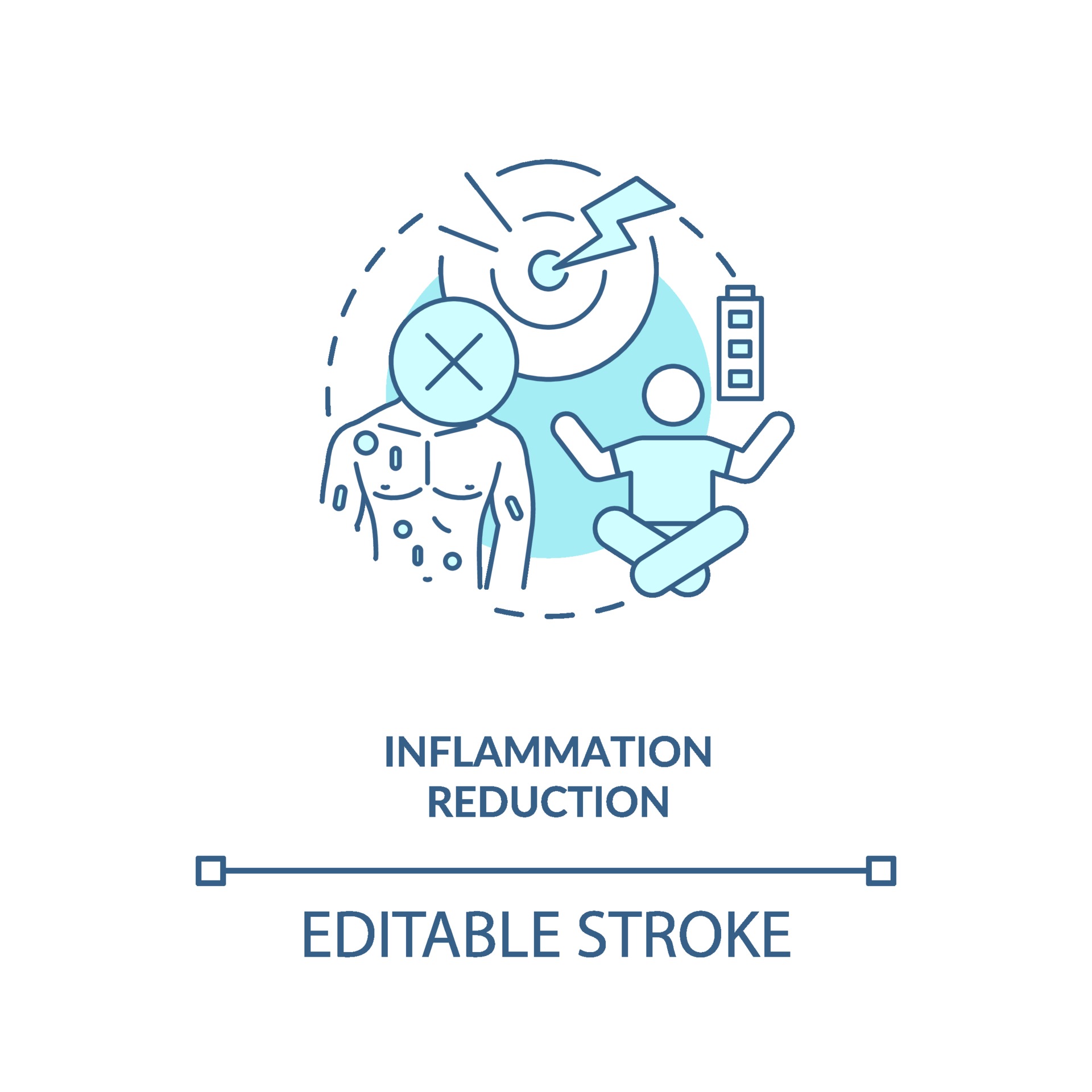
Comprehensive Healing: Integrative Oncology
Comprehensive Healing: Integrative Oncology
In the realm of cancer care, integrative oncology emerges as a comprehensive approach that combines conventional medical treatments with complementary therapies. This integrative model recognizes the importance of addressing the physical, emotional, and spiritual aspects of cancer, providing a holistic framework for individuals facing this challenging journey.
Bridging Conventional and Complementary Approaches
Integrative oncology bridges the gap between conventional cancer treatments, such as surgery, chemotherapy, and radiation, and complementary therapies like acupuncture, nutritional support, and mind-body practices. This approach acknowledges that a comprehensive strategy may enhance overall treatment effectiveness and quality of life for cancer patients.
Personalized Treatment Plans
A cornerstone of integrative oncology is the development of personalized treatment plans. Each individual’s cancer journey is unique, and integrative practitioners take into account factors such as the type and stage of cancer, overall health, and personal preferences to tailor a plan that addresses the specific needs and goals of the patient.
Nutritional Support and Cancer
Nutrition plays a crucial role in the well-being of individuals undergoing cancer treatment. Integrative oncology incorporates nutritional support to optimize the nutritional status of patients. This may include personalized dietary plans, supplementation, and strategies to manage side effects of cancer treatments that may impact appetite and nutritional intake.
Mind-Body Practices for Emotional Well-Being
Cancer can take a toll not only on the body but also on the emotional well-being of individuals. Integrative oncology includes mind-body practices such as meditation, yoga, and mindfulness to support emotional health. These practices not only help manage stress and anxiety but also contribute to an overall sense of well-being.
Complementary Therapies for Symptom Management
Complementary therapies are integrated into the treatment plan to manage symptoms and side effects of cancer and its treatments. Techniques such as acupuncture, massage, and herbal medicine may be used to alleviate pain, fatigue, and nausea, enhancing the overall comfort and quality of life for cancer patients.
Supporting Immune Health
Integrative oncology recognizes the importance of supporting the immune system during cancer treatment. Strategies to enhance immune health may include nutritional interventions, mind-body practices, and specific supplements. Strengthening the immune system is crucial for the body’s ability to cope with the challenges posed by cancer.
Empowering Patients in Survivorship
Beyond active treatment, integrative oncology plays a vital role in survivorship care. The focus shifts to supporting individuals in their post-treatment phase, addressing long-term effects of cancer treatment, and promoting overall wellness. Survivorship plans may include strategies for maintaining a healthy lifestyle and preventing cancer recurrence.
Collaboration in Cancer Care
Integrative oncology emphasizes collaboration among healthcare providers. This collaborative approach ensures that communication is streamlined between conventional oncologists and integrative practitioners, leading to a cohesive and well-coordinated cancer care plan. This collaboration is essential for the safety and well-being of the patient.
Discover Integrative Oncology at Imex Associates
Explore the transformative possibilities of integrative oncology at Imex Associates. Our experienced team combines conventional cancer care with holistic approaches, providing personalized and comprehensive solutions for individuals facing a cancer diagnosis. Immerse yourself in a supportive environment that embraces the principles of integrative oncology for a more holistic cancer journey.
Conclusion: A Holistic Path to Cancer Healing
Integrative oncology represents a holistic path to cancer healing, acknowledging the multifaceted nature of the cancer experience. By blending the strengths of conventional and complementary approaches, this model seeks to optimize treatment outcomes while prioritizing the well-being of the individual. In the journey through cancer, integrative oncology stands as a beacon, offering a comprehensive and compassionate approach to healing.












